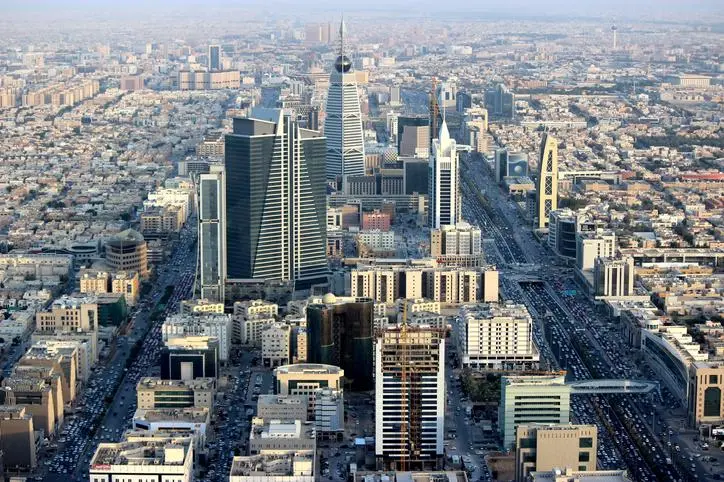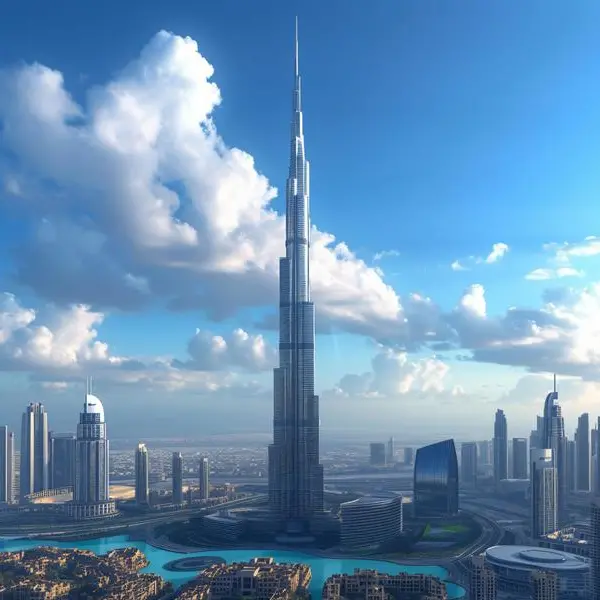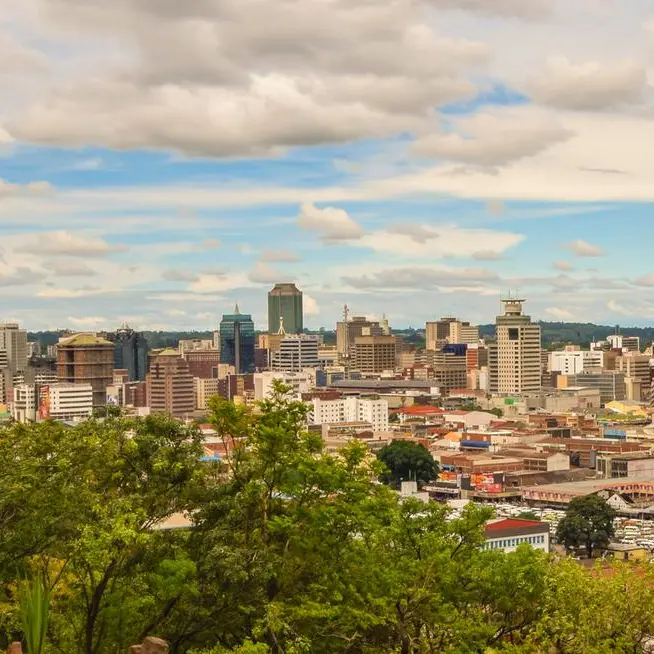PHOTO
The estimated total economic impact of the Saudi Arabia's mega event - Riyadh Expo 2030 - measured by gross value added is projected to be a whopping SAR355 billion ($94.5 billion). This represents a 19% addition to the estimated non-oil GDP for 2023, with an annualized impact of 0.75% over the next 25 years, according to Al Rajhi Capital Research.
During the six-month run, Saudi Arabia anticipates to attract 246 participants and 40 million physical site visits (an estimate higher than Al Rajhi's figure of 37.5 million visitors).
The event will be held from October 2030 to March 2031 in a futuristic city in North Riyadh. The site will span over 600 hectares, with 3.38 million sqm dedicated to experiential space and 2.62 million sqm for supporting amenities and facilities.
As a first step, the government has earmarked $7.8 billion for spending as per the masterplan for the Expo.
Similar to Dubai, the impact of the Riyadh Expo is anticipated to extend beyond the event. Unlike Dubai, Riyadh, which is not a tourist hub currently, needs to invest notably for the event, including building 100,000 hotel rooms, the economic impact over the years will be substantial, said Al Rajhi Capital Research in its report.
An event this large, will have the potential to bolster several strategic sectors in the pre-event phase as well as during the event and in the legacy phase.
World Expos are a mega event gathering countries from around the world to tackle global challenges. From the first World Fair in London in 1851 to the most recent one in Dubai (Expo 2020), the World Expos have attracted millions of visitors, contributed to several breathtaking innovations and left behind a transformational legacy, both physical and social addressing human aspirations in a sustainable way.
Broadly, the Expo has the capabilities to bring forward an instrumental growth curve with multiple tailwinds for sectors like financials, construction, tourism, transportation, consumer staples and media driven by its scale and objectives. Meanwhile, the event may also leave behind a physical site legacy alike Expo City Dubai, it stated.
Among the key sectors that will be in spotlight are construction materials; banking; tourism and transportation.
"The jump in infrastructure spending is expected to drive demand for construction materials and thereby for corporate loans. Hence, the financial sector is expected to witness robust loan growth as demand for corporate loan picks up. Besides, the tourism sector will be a key beneficiary as average daily room rates swell up owing to rising occupancy. The Expo will also create opportunities for additional keys to be added," said a company expert.
"Moreover, increased marketing needs for creating awareness for the event shall spur demand for advertising companies. The transportation segment and the mobility industry is set to benefit from the upswing in cargo volumes and growth in visitors," he added.
According to Al Rajhi, the mega and giga projects are shaping up the Saudi economic growth trajectory with several flagship developments lined up in view to the Vision 2030 goals.
"We expect the infrastructure projects to make a great stride forward due to the overlap between the timeline for Vision 2030 and Expo 2030. The acceleration in project completions will lead the way to attract more visitors and tourists going forward," said the expert.
"The Saudi economy is poised to thrive with the landscape that the Expo creates. In congruence with the Government’s efforts to diversify the economy away from oil, the Expo will play a key role in positioning Saudi as a global hub for trade, travel and commerce," he added.
Copyright 2022 Al Hilal Publishing and Marketing Group Provided by SyndiGate Media Inc. (Syndigate.info).





















